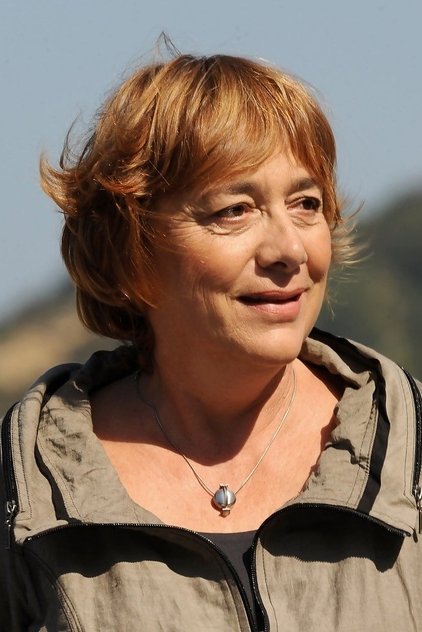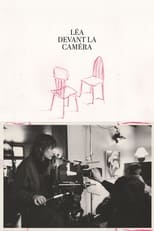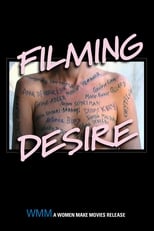

Léa Pool
Born: September 8, 1950
in Geneva, Switzerland
in Geneva, Switzerland
Born in Switzerland in 1950, Léa Pool emigrated to Canada in 1975 and taught film-making from 1978 to 1983. Named “Chevalier de l'Ordre des Arts et Lettres de France” in 1994. Lives in Montreal.
Movies for Léa Pool...

Title: Léa devant la caméra
Released: November 2, 2023
Type: Movie
Revisiting her film set photos, director Léa Pool reflects on her prolific career. The filmmaker left Switzerland at the age of 25 to settle in Quebec and embark on a surprising career. She reinvents herself from film to film, exploring themes that deeply resonate with her: identity, exile, maternal absence, transitional spaces... In both documentary and fiction, she has directed 20 feature films that feature strong female characters and contemporary issues. Somewhere between a masterclass and an intimate conversation, this documentary invites Léa to share her cinematic journey in front of the camera.


Title: Weird Sex and Snowshoes: A Trek Through the Canadian Cinematic Psyche
Character: Self
Released: January 1, 2004
Type: Movie
This compelling documentary explores Canadian film culture and tries to discover what defines Canadian film through interviews with notable filmmakers.


Title: Filming Desire: A Journey Through Women’s Cinema
Character: Self
Released: July 9, 2000
Type: Movie
The film consists largely of a series of interviews with female filmmakers from several different countries and filmmaking eras. Some, such as Agnès Varda and Catherine Breillat (both from France), have been making films for decades in a conscious effort to provide an alternative to the male filmmaking model; others, such as Moufida Tlatli (Tunisia) and Carine Adler (England), are relative newcomers to directing, and their approaches seem more personal and less political. The film as a whole manages to cover some important topics in the feminist debate about film -- how does one construct a female gaze, how can one film nude bodies without objectifying the actors (of either sex), what constitutes a strong female role -- while also making it clear that “women’s film” comprises as many different approaches to filmmaking as there are female filmmakers.
